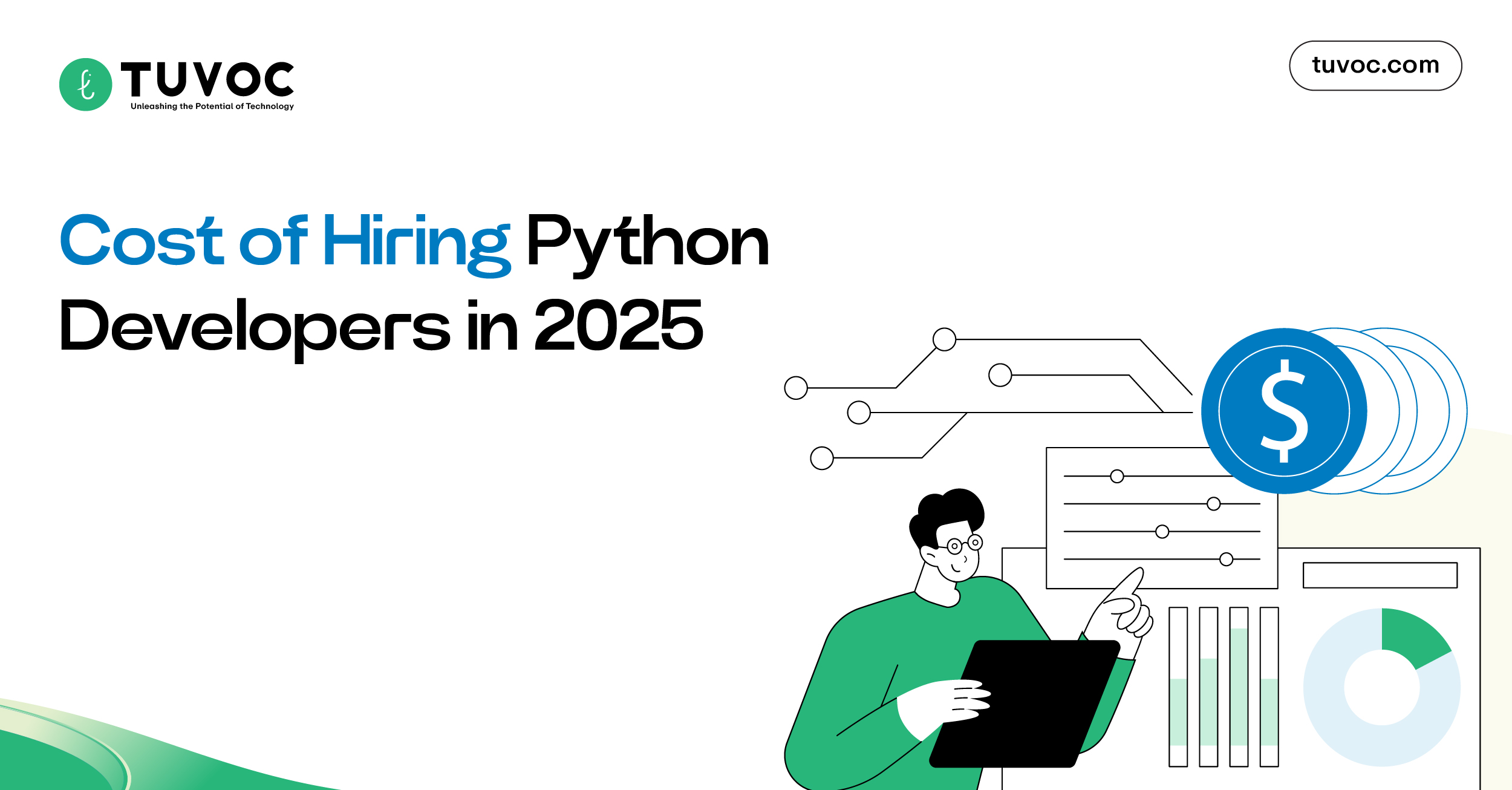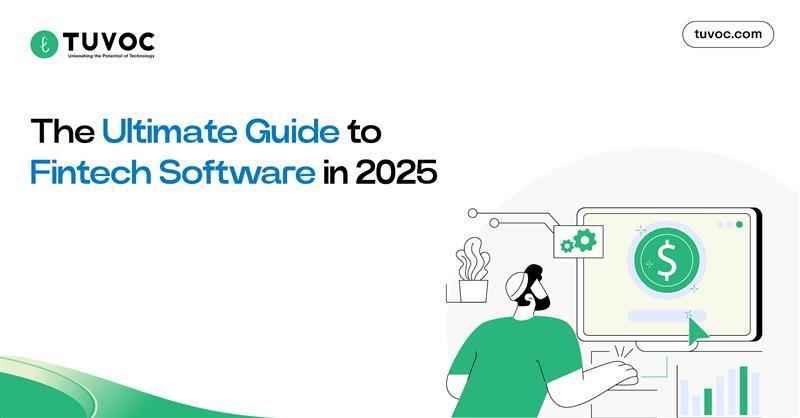The fintech industry has evolved pivoting on technological advancements. In 2023 there is a wide range of services and solutions available in the fintech space that have been possible because of the tech innovations and integrations. Needless to say, the leaders in the finance sphere have been open to identifying the potential partnership between two distinct and vibrant industries and made it possible by welcoming disruptive advanced technologies with open arms.
Here are Some of the Top Technologies Shaping the Future of the FinTech industry:
Blockchain:
Blockchain technology offers a secure and decentralised system for financial transactions. It can provide greater transparency, security, and efficiency in payment processing, trade finance, and other financial services.
Let’s take a deep dive into what opportunities Blockchain technology presents for the fintech industry. Blockchain technology is revolutionising the way the financial industry operates, and it is becoming increasingly prevalent in the fintech industry.
Blockchain is essentially a decentralised digital ledger that is secured using cryptographic techniques. It enables the secure and transparent recording of transactions and information, without the need for a central authority.
One of the main benefits of blockchain in fintech is the increased security it offers. Traditional financial systems are centralised and vulnerable to hacking and fraud. However, blockchain technology offers a decentralised system that is much more secure due to the cryptographic techniques used to protect the data.
Another benefit of blockchain in fintech is increased transparency. Blockchain enables all participants in a transaction to have access to the same information, which can reduce the risk of errors and fraud. It can also reduce the time and costs associated with manual reconciliation and verification.
Blockchain is also being used in fintech for a range of other applications, such as payment processing, smart contracts, and identity verification. For example, blockchain-based payment systems can enable instant cross-border payments without the need for intermediaries, reducing costs and increasing efficiency.
Overall, blockchain technology has the potential to significantly improve the efficiency, security, and transparency of financial transactions, making it an important technology for the future of the fintech industry.
-
Artificial Intelligence (AI):
Artificial Intelligence (AI) is a powerful technology that has the potential to transform the fintech industry. AI can be used to analyse and process large amounts of financial data in real-time, automate processes, and provide personalised financial advice to customers. Here are some ways in which AI is being used in the fintech industry:
- Fraud detection: AI algorithms can analyse large volumes of data to detect fraudulent transactions and flag them for further review.
- Credit scoring: AI-powered credit scoring systems can provide more accurate credit assessments based on a wider range of data points, including non-traditional sources such as social media activity.
- Customer service: AI-powered chatbots can provide 24/7 customer support and personalised financial advice to customers, improving customer satisfaction and reducing costs.
- Investment management: AI algorithms can analyse market trends and data to make investment recommendations and optimise portfolios.
- Risk management: AI-powered risk management systems can analyse data and identify potential risks to financial institutions, enabling them to take proactive measures to reduce risk.
- Regulatory compliance: AI can help financial institutions comply with regulations by automating compliance processes and detecting potential violations.
- Overall, AI has the potential to revolutionise the way financial services are delivered, making them more efficient, secure, and personalised. As AI continues to evolve, it is likely to become an increasingly important technology in the fintech industry.
-
Internet of Things (IoT):
IoT refers to a network of devices that are connected to the internet and can communicate with each other, allowing data to be shared and processed in real-time. Here are some ways in which IoT is being used in the fintech industry:
IoT devices can collect and transmit data to financial institutions, enabling them to offer personalised financial services and improve risk management.
- Payment processing: IoT devices such as wearables, smart cards, and mobile devices can be used for contactless payments, making transactions faster and more convenient.
- Risk management: IoT devices can collect data on a wide range of factors that can affect risk, such as weather conditions, traffic patterns, and consumer behaviour. This data can be analysed to identify potential risks and adjust risk management strategies accordingly.
- Asset tracking: IoT devices can be used to track the location and condition of assets, such as vehicles and equipment. This can help financial institutions to manage risk and improve asset utilisation.
- Personalised financial services: IoT devices can collect data on customer behaviour and preferences, enabling financial institutions to offer personalised financial services that are tailored to individual needs.
- Fraud prevention: IoT devices can be used to detect potential fraud by monitoring for unusual activity and alerting financial institutions to potential risks.
Overall, IoT has the potential to transform the fintech industry by enabling real-time data collection and analysis, improving risk management, and providing more personalized financial services to customers. As IoT technology continues to evolve, it is likely to become an increasingly important part of the fintech ecosystem.
-
Biometrics:
Biometric authentication, such as facial recognition and fingerprint scanning, can provide greater security and convenience in financial transactions. Following are some of the applications of the biometric technology in fintech industry.
- Customer authentication: Biometric authentication can be used to verify a customer’s identity before allowing them to access their account or perform a transaction.
- Payment processing: Biometric authentication can be used to authorise payments, eliminating the need for a PIN or signature.
- Fraud prevention: Biometric authentication can be used to detect and prevent fraud by ensuring that only authorised individuals are able to access sensitive information or perform transactions.
- Compliance: Biometric authentication can be used to comply with regulations that require strong customer authentication.
- Customer experience: Biometric authentication can provide a more seamless and convenient customer experience, as customers do not need to remember passwords or carry physical tokens such as credit cards.
Overall, biometric authentication is becoming increasingly important in the fintech industry as a more secure and convenient way to authenticate customers and prevent fraud. As biometric technology continues to evolve, it is likely to become an even more integral part of the fintech ecosystem.
-
Cloud Computing:
Cloud computing allows financial institutions to store and process large amounts of data more efficiently and securely. It also enables the use of software as a service (SaaS) applications to enhance financial services.
Cloud computing is a technology that enables the delivery of computing services, including storage, processing power, and software applications, over the internet. In the fintech industry, cloud computing is being used in a number of ways, including:
- Data storage: Cloud computing enables financial institutions to store large amounts of data securely, without the need for on-premise servers and data centres.
- Infrastructure as a Service (IaaS): Cloud computing allows financial institutions to access computing resources on demand, enabling them to scale up or down as needed.
- Platform as a Service (PaaS): Cloud computing allows financial institutions to access pre-built software platforms and tools, enabling them to develop and deploy new applications and services more quickly.
- Software as a Service (SaaS): Cloud computing enables financial institutions to access software applications over the internet, rather than having to install and maintain them on-premise.
- Disaster recovery: Cloud computing enables financial institutions to store data and applications in multiple geographic locations, reducing the risk of data loss due to natural disasters or other disruptions.
-
Quantum Computing:
Quantum computing is a rapidly developing technology that has the potential to transform many industries, including fintech. Quantum computers use quantum bits, or qubits, instead of traditional binary bits, which allows them to perform certain computations much faster than classical computers. Here are some ways in which quantum computing is being used in the fintech industry:
- Portfolio optimization: Quantum computing can be used to optimise investment portfolios, by analysing large amounts of data and identifying the optimal allocation of assets.
- Risk management: Quantum computing can be used to simulate complex financial scenarios, enabling financial institutions to better manage risk.
- Fraud detection: Quantum computing can be used to analyse large amounts of data and detect potential instances of fraud.
- Cryptography: Quantum computing has the potential to break some of the most widely used cryptographic algorithms, which could have significant implications for the security of financial transactions.
- Machine learning: Quantum computing can be used to improve machine learning algorithms, enabling financial institutions to better predict customer
Quantum computing is still in its early stages of development, but it has the potential to revolutionise the fintech industry by enabling faster, more accurate computations and improving risk management and fraud detection. As quantum technology continues to evolve, it is likely to become an increasingly important part of the fintech ecosystem.
-
5G Networks:
5G is the fifth generation of mobile networks and is expected to revolutionise the way we use and connect to the internet. In the fintech industry, 5G is being viewed as a game-changer due to its high-speed data transfer capabilities, low latency, and increased network reliability. Here are some ways in which 5G is being used in the fintech industry:
- Mobile banking: 5G can significantly improve the speed and reliability of mobile banking services, allowing customers to perform transactions and access account information more quickly and easily.
- Payment processing: 5G can facilitate faster and more efficient payment processing, reducing transaction times and improving the overall customer experience.
- Financial market trading: 5G can enable financial institutions to process trades faster, with lower latency and higher reliability, resulting in improved market efficiency and reduced risk.
- Data analysis: 5G can enable financial institutions to process and analyse large amounts of data more quickly and efficiently, providing more accurate and timely insights.
- Internet of Things (IoT): 5G can facilitate the growth of IoT devices in the fintech industry, allowing for more efficient and secure data transfer between devices and enabling new applications such as smart payments.
Overall, 5G is expected to drive innovation and transformation in the fintech industry by enabling faster, more reliable, and more efficient data transfer and analysis. As 5G technology continues to mature, it is likely to become an increasingly important part of the fintech ecosystem.
Have an Idea? Let’s Shape It!
Kickstart your tech journey with a personalized development guide tailored to your goals.
Discover Your Tech Path →Share with your community!
Latest Articles

Understand Cost of Hiring Python Developers in 2025: Factors and Strategies
Note: The estimated cost of hiring Python developers can range between $ 15-17 hourly or more. The exact cost, team…

Top CTO Checklist for Hiring Python Developers
Introduction Python is among the popular programming languages due to its comprehensive libraries, frameworks, and versatility. Many popular companies like…

The Ultimate Guide to Fintech Software in 2025: Everything You Need to Know
Fintech software revolutionized the financial landscape, with global fintech funding reaching a record $132 billion in 2021, accounting for 21%…





